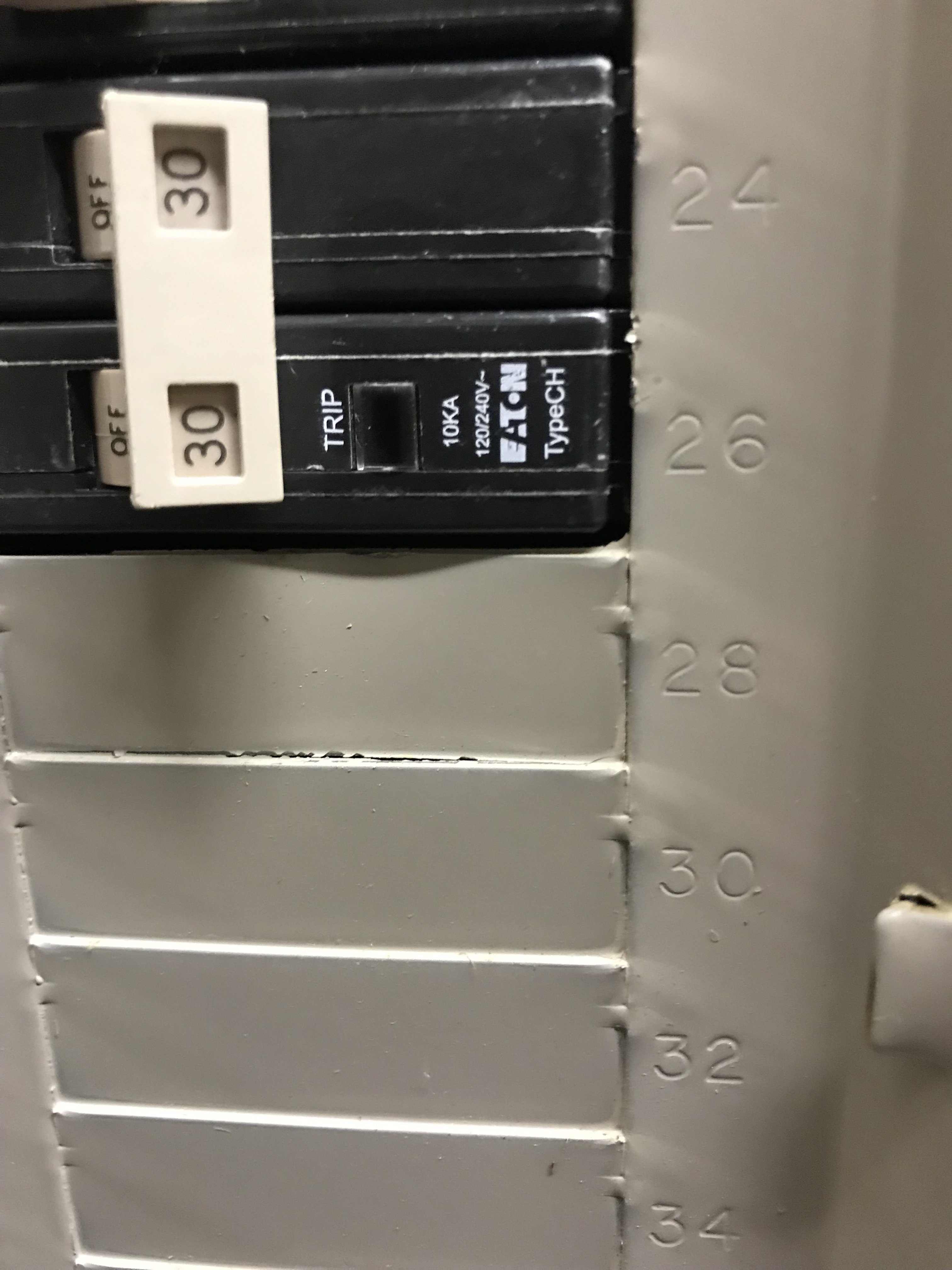Hi,
I am putting together my electric brewing system and now I'm looking at the need for a GFCI circuit in the setup. I have asked my electrician and he said it wasn't really needed since everything is grounded in the setup. Pumps, kettle and HLT. I see a lot of thread stating that it is imperative to have GFCI, but I am having a hard time finding a real reason for it in a ebrew setup. Copper wire wins hands down to wet human skin to create a circuit to ground. Can anyone explain to me why would I need a GFCI?
Thanks
I am putting together my electric brewing system and now I'm looking at the need for a GFCI circuit in the setup. I have asked my electrician and he said it wasn't really needed since everything is grounded in the setup. Pumps, kettle and HLT. I see a lot of thread stating that it is imperative to have GFCI, but I am having a hard time finding a real reason for it in a ebrew setup. Copper wire wins hands down to wet human skin to create a circuit to ground. Can anyone explain to me why would I need a GFCI?
Thanks





































![Craft A Brew - Safale BE-256 Yeast - Fermentis - Belgian Ale Dry Yeast - For Belgian & Strong Ales - Ingredients for Home Brewing - Beer Making Supplies - [3 Pack]](https://m.media-amazon.com/images/I/51bcKEwQmWL._SL500_.jpg)




















